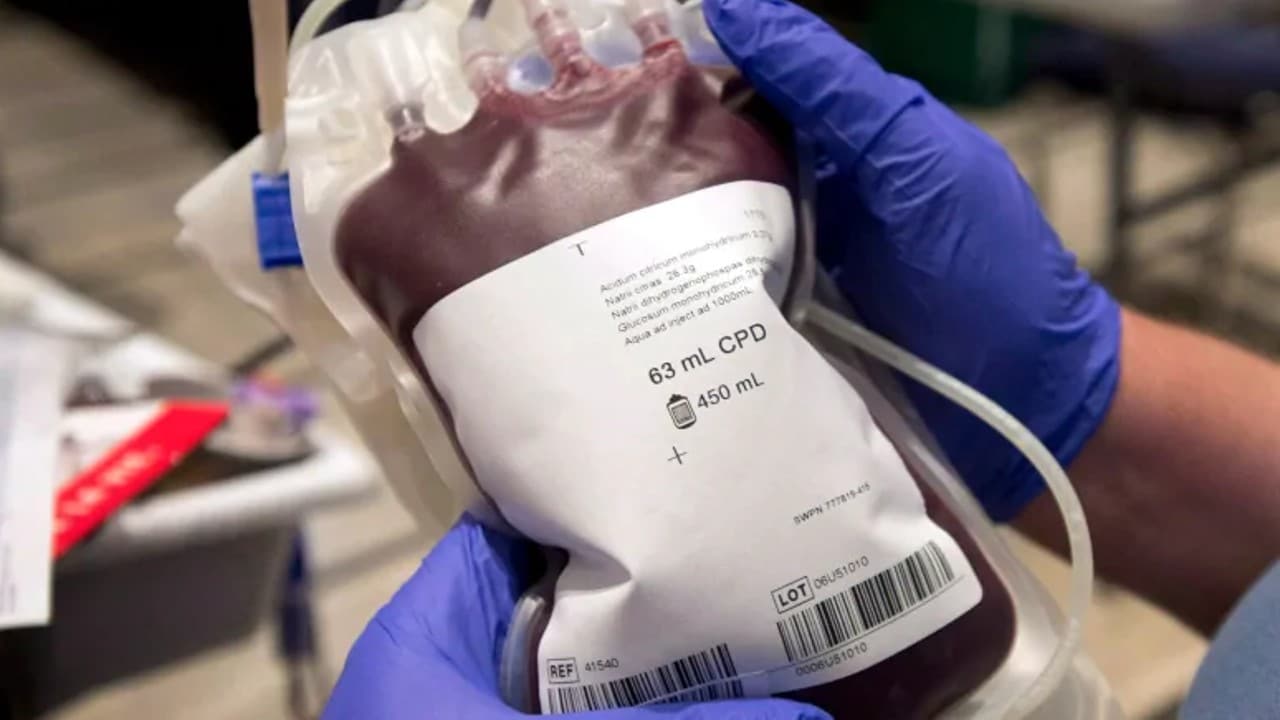On Wednesday, the World Health Organization (WHO) urged governments, partners, and other interested parties to rally support at the national and regional levels for investments in bolstering and maintaining blood programs.
Dr. Matshidiso Moeti, WHO Regional Director for Africa, issued the request in a statement to commemorate World Blood Donor Day in 2023.
The regional director for Africa emphasized that giving blood is a gesture of solidarity and that doing so will relieve pressure on healthcare systems and save lives.
His statement that "a blood service that gives patients access to safe blood and blood products in sufficient quantity is a key component of an effective health system providing patient-centered healthcare and focusing on ensuring equitable access with the aim of progressing to achieving Universal Health Coverage" is supported by research.

He stated that the goal of the day is to ensure that everyone has access to safe blood transfusions and that World Blood Donor Day is an occasion to honor and thank volunteer blood donors globally for their gift of blood.
"The establishment of nationally coordinated blood transfusion services, regulatory frameworks, and national standards for blood collection, testing, processing, storage, and distribution has advanced significantly across member nations of the WHO African Region over time."
"Despite this noteworthy development, only eight nations have blood services that are created to consistently guarantee the greatest standards of quality and safety for recipients and donors. There is still a significant reliance on unpaid blood donors, with 16 nations accounting for more than 80% of voluntary unpaid blood donations worldwide.
"Blood donation rates are still low, with an average of 5.9 units donated for 1000 individuals, compared to 33.1 units in high-income nations. The cost of obtaining safe blood is an issue," the statement continued.




















